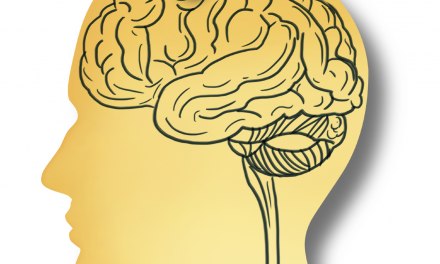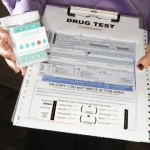It was one day after a painful relapse, and the 16 year old’s mother was furious with the program director. “If you’d done your job,” she hissed, face the color of a ripe plum, “this would never have happened.” The director didn’t respond, but you could read her thoughts plainly enough: the same might be said of Mom and Dad.
The reality: Both might have done their respective jobs better, and still wound up with the same outcome.
That’s because other factors are at work here. Obviously, the addict himself — his own desires, aspirations, needs, and preferences. To use or drink is a personal decision. It’s very difficult for anyone else to prevent an addict from returning to use if he decides to. There’s always incarceration, but that may just delay the inevitable.
Second, there’s the nature of addiction, which is to return to use despite the adverse consequences that follow. You could argue (and many have) that relapse is just a demonstration by the disease of its continuing influence.
To quote George Vaillant in 1988, after reviewing the long-term findings on addiction recovery: “…to a remarkable degree, relapse to drugs is independent of conscious freewill and motivation.”
So why play the blame game? I suspect it’s a way of avoiding the painful reality that we’re not really in control of the outcome. Not the parent, not the spouse, not the therapist. It makes us uncomfortable to acknowledge that degree of helplessness. Easier to pretend that somebody else could have done something different and saved the day. So it must be their fault.
Who knows? It may turn out that young Alfred Addict may someday look back on this relapse not as a tragedy but as an important step on the road to successful recovery.
And if that should be the case, he wouldn’t be the first to feel that way.














The therapist/parents etc. are not responsible per se and relapse will happen despite everything, but treatment must be built around relapse prevention and a continuing care, not a one size fits all 28 day model. The treatment center can be blamed if it just drops the addict after 28 days or even 90 days with no follow up. Treatment should be in phases and family needs to be involved if possible. Now if the addict is reluctant or pressured into treatment in some way, possibly recovery never happened at all. To my mind that is not a true relapse because there was no “cure.” The goal of some treatment is to get the addict even to mentally just accept he has a problem. Only if the addict truly wants to recover, whether he came to it before or during treatment, but then starts using again could one say there was an actual relapse.
Treatment providers must hold themselves accountable for providing the best treatment they can and following through. It is also interesting that the example is 16 years old. Is this truly an addict or an abuse or oppositional child situation? This is not the greatest example because one needs to separate the parenting part from the SA part. There are many cultural factors and peer factors pushing teenagers to use and parents are often totally overwhelmed.
This is somewhat like a school situation. Parents expect teachers to do their job, but the student needs to do his job as well. Relapse does not necessarily mean the therapist did not do his job, but it doesn’t mean that he did either. There should be clear guidelines as to what constitutes doing one’s job in teaching as it therapy before determining who has failed. In school situations parents can help or hurt the situation as well and can too quickly blame the teacher instead of the student or themselves. In the end, rather than blaming, assessing and making changes and trying again could be much more productive.
The ultimate responsibility for the success factor in recovery lies with Andy Addicted Scott. I remember 13 years ago, when I first sat in meetings where a common cliche uttered was: “relapse doesn’t have to be a part of recovery”. Well no, it doesn’t, but statistically, IT IS and the frustrating part of that reality is that “rotating door” treatment centers know it and plan on it — as if it were an anticipated windfall.
The Addict/Alcoholic has been using their substance intoxication/ mind alteration to escape reality and repressed anxieties. I remember we used to say in the 60’s: “Tune in, turn on and drop out.” Altered States were by and large considered to be the respite of an unfulfilled American Reality.
Mommy needs to know that her adolescent son is in a “process’ of recovery”, and the realist MUST be prepared for the better percentage probability of relapse, if for no other reason than “peer pressure”.
The Blame Game is nothing more than projection — somebody has to take the fall to escape the bewilderment. making all others free from the accountability they cannot explain or accept.
But it takes what it takes, and like “the little train that could” if Andy wants to stay with his recovery program, using his literature resources, his fellowship and outside help if necessary, then success is almost guaranteed, outside of the time factor. Though rare, we both can recount cases that have had multiple relapses and then finally “gotten sick and tired of being sick and tired” finding the stumbling process of sobriety and recovery.
Thanks for your post, wishing you and yours the best of contentment, joy in our continued lives of recovery. Author Arthur Messenger
I find these articles extremely helpful in looking at all the faces of addiction, coming at it from all points of view, to know that there is no one cut and dried methodology to one reason means no one way to find a way out. incredible research and invaluable life saving research needs to be continued on this i call it a disease. thank you